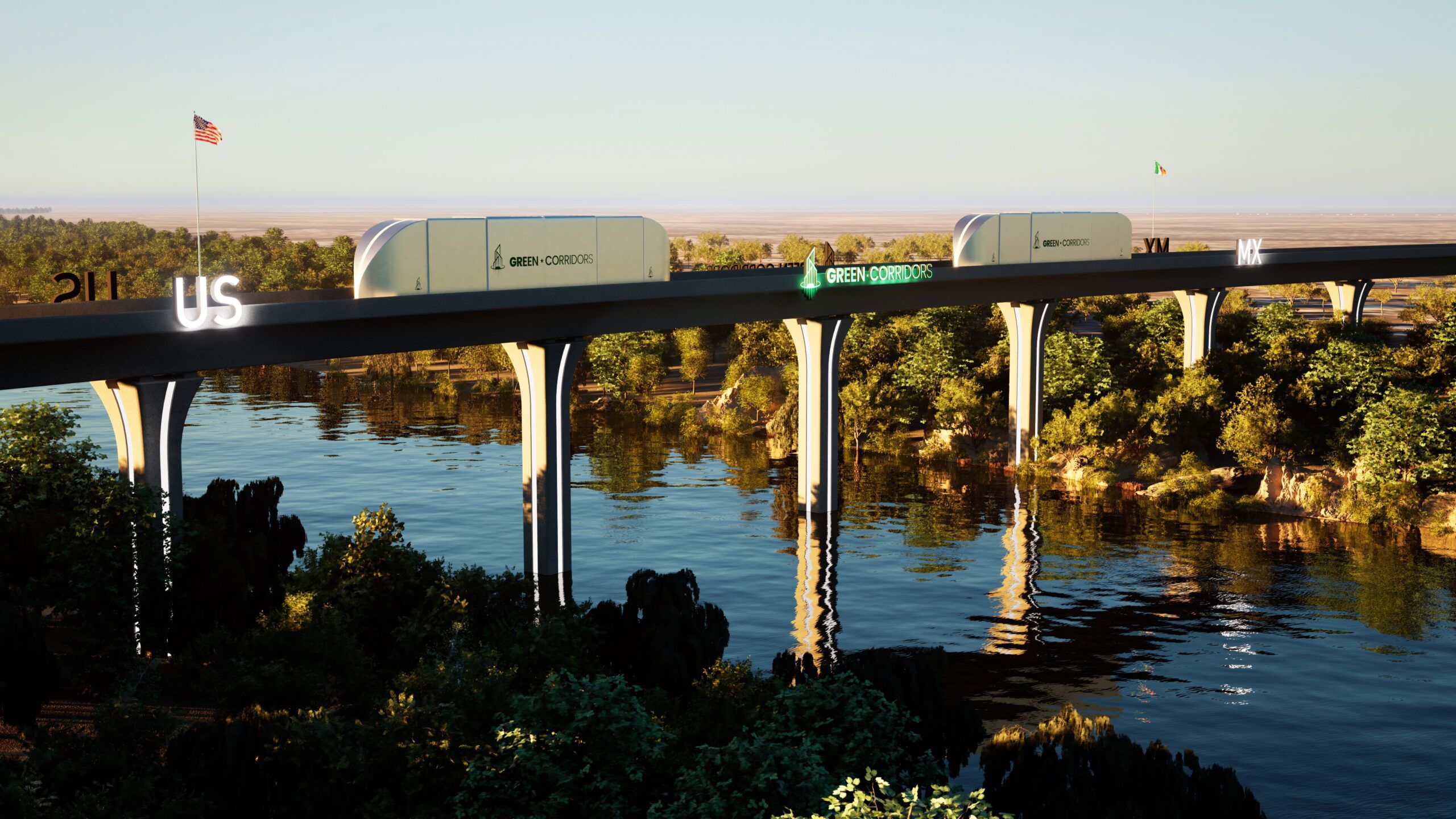A step-by-step guide to Fight Predatory Trucking

Predatory towing is a serious problem that goes beyond just a few bad actors. It’s a widespread issue that affects truckers on a large scale. This guide is designed to help you fight back against unfair practices. Imagine having to pay $200,000 for recovering your vehicle after a crash or $6,000 just to move your truck a short distance. These are the kinds of horror stories we often hear about predatory towing, and unfortunately, these incidents are on the rise. For large trucking fleets, this threat is comparable to facing huge legal judgments. Legal and safety departments are always on alert, knowing that any time a driver hits the road, they could encounter predatory towing.
However, for independent truckers, a $100,000 towing bill could mean the end of their career and even impact their personal life. A report from the American Transportation Research Institute revealed alarming statistics in 2021, with over 80% of carriers reporting being overcharged by towing companies. Many carriers were not even given a detailed bill, as some states don’t require it. When your vehicle has an issue on a public road or private area, the struggle against unfair towing starts. We spoke with Brand, Shahan Kapitanyan, and Pamela Bracher from the American Trucking Associations to create a simple guide on how to manage and keep track of the towing bill. Follow these steps to handle the situation step by step.
Step by Step Guide:
- After an accident, check with the police if you can call the towing company you prefer. If you don’t know a local towing service, there are networks of companies that promise reliable service and fair prices to prevent unfair charges. If not, you might have to rely on whichever towing service is in the police’s rotation.
- Keep a record of everything that occurs during the towing and recovery process. Try to note the equipment the company uses, the number of staff, the number of companies involved, and how long each person and piece of equipment stays on-site. Many unfair towing bills exaggerate the amount of equipment used or the time spent. Take pictures, videos, or any other durable documentation. After each interaction with the tow company, send an email summarizing the conversation. To ensure it holds up in court, it’s crucial to have timestamped and written documentation, not just diary entries. If the towing company says they can’t talk at the moment and will check with the boss later, send an email explaining the interaction, asking about the recovery status, and noting the time sensitivity of your message.
- Never sign any “consent to tow” or similar papers. Some companies may want to make it seem like you agreed to the tow, but it’s best not to sign such documents. You don’t have to sign papers like assignment of benefits, approval of rates, or guarantees of payment. The lawyers we talked to for this article suggest that you avoid signing these documents.
- Insist on getting a detailed invoice. The tricky part of unfair towing lies in the small details. Brand mentioned that towing companies might charge for unnecessary things like billing you for four headsets as if they throw away headsets after each job. Sometimes, tow companies try to charge for services they didn’t even provide. For instance, if the fire department cleans up an environmental hazard, you might still see it on your bill from the tow company. Keep an eye out for subcontractors on the invoice, as predatory towers often increase their prices. The ATRI report can give you an idea of typical rates per pound and per hour, helping you check the accuracy of the invoice.
- Act quickly to release your cargo and equipment. While the towing company has your belongings, they can charge you hundreds of dollars per day. According to Brand, this is like being an annuity for the predator. You can take steps such as filing against a bond or paying under pressure. Even though paying under pressure means you have to pay, make sure you’re keeping your rights to challenge those charges later. It’s crucial that the payment clearly states it’s under pressure. If the tow company insists on cash, write to them that it’s unfair and offer a certified check. Brand says demanding cash is ongoing proof of their unfair practices. Report this evidence to the state’s attorney general, towing board, or other relevant authorities. Once your equipment is released, you may need legal help, and a legal process lasting months or years may follow. However, with solid documentation and a detailed breakdown of the towing company’s costs and practices, you have the best chance of getting your property back. Remember, trials are tough, time-consuming, and expensive. The jury will make the decision. The company that gave you an unfair bill will likely prepare well for court, portraying themselves as a small business person and a first responder who faces challenges like any trucker. Be ready, act professionally, and understand your opponent. Recording any violations of regulations by the company, such as improper vehicle storage or unfair business practices, can greatly disrupt their story in court.
Let’s talk about how the trucking industry is working to fight unfair towing through advocacy and legislation.
The ATRI report gives us a good overview of which states have strong laws to protect against bad towing practices. Maryland, Arizona, and Colorado have passed laws to regulate towing businesses effectively. Interestingly, Indiana, the state with the most predatory towing issues, surprisingly has no laws limiting maximum fees. The ATRI’s collection of state regulations can help truckers keep a close eye on invoice details and rates. However, according to the ATA (American Trucking Associations), more needs to be done. The ATA’s Bracher explains that they collaborate with state associations to change laws on maximum rates, hourly and per-pound rates, laws requiring detailed bills, processes for disputing
We Know The Industry
With over 20+ years in the trucking insurance industry Cook Insurance Group combines national reach with local service to address the needs of large fleet, small fleet, single owner and tow trucking operations, and to charter bus lines. We ONLY serve the Trucking industry, providing the best trucking insurance. Let our friendly, bi-lingual staff help you find the right insurance protection at the right cost.
Cook Insurance Group is dedicated to meeting the needs of both small and large fleet trucking companies. Our reps handle every aspect of your program, ensuring you have the best trucking insurance plan for your specific needs. We work closely with you to manage your plan on an ongoing basis.
At Cook Insurance Group, we provide immediate certificate and ID card insurance, including 24/7 certificate availability. We leverage our client portal which allows you to access and issue certificates, check claim status and view policies. Cook Insurance Group is prompt and reliable, including 24-hr claims reporting. (Physical Damage and Motor Truck Cargo). We also provide educational seminars for management and drivers of companies.
At Cook Insurance Group we have licensed risk managers available to assist you with CSA scores and driver training. We provide border risk coverage (NAFTA) and mid-year loss run reviews.
Choose Cook Insurance Group for all of your trucking insurance needs whether you are located in Texas, Arizona or Arkansas.



